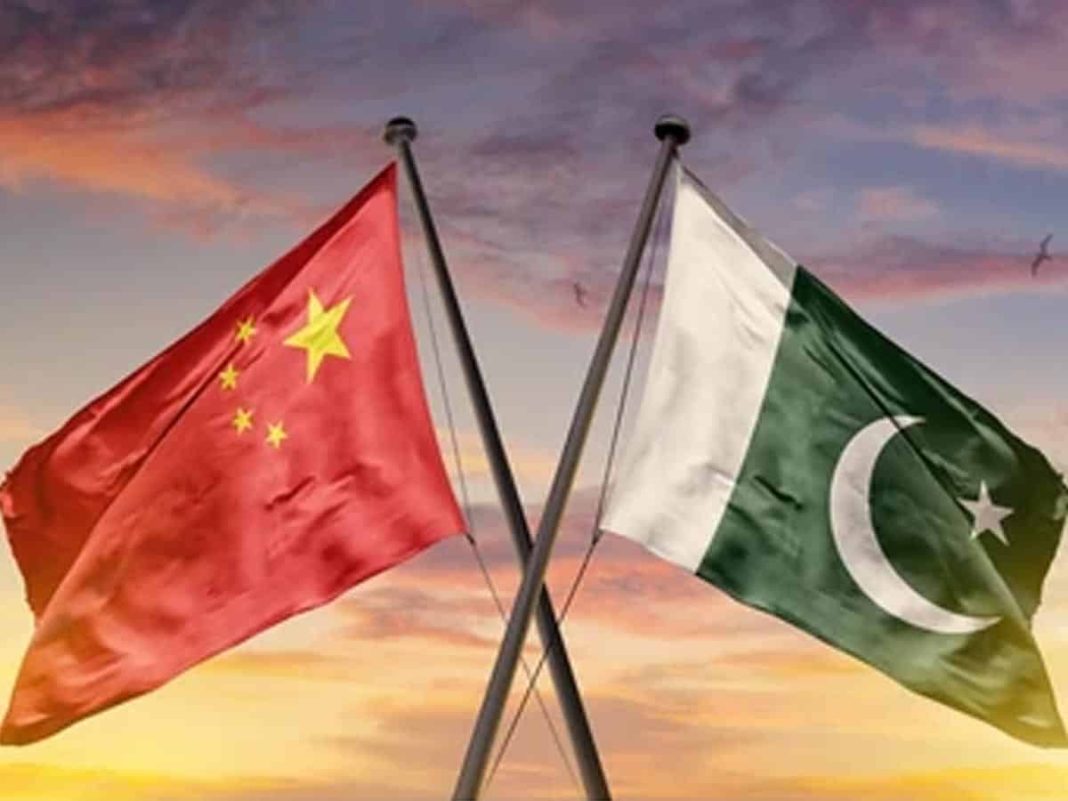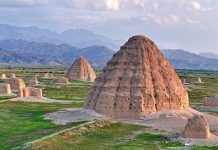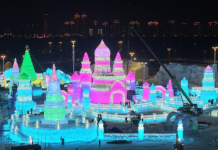BEIJING/ISLAMABAD: When the China-Pakistan Economic Corridor (CPEC) was launched in 2013, Moaaz Awan, a student at the time, hardly anticipated the tremendous change to come.
In 2013, the CPEC, under the broader Belt and Road Initiative (BRI), was no more than a line segment on the map from China’s Kashgar in the north linking Pakistan’s Gwadar Port in the south.
In 2015, Chinese President Xi Jinping paid a state visit to its “iron-clad” neighbor. The two sides signed more than 50 cooperation deals, agreeing to focus CPEC development on four key areas: the Gwadar Port, transport infrastructure, energy and industrial cooperation. Since then, the design on paper has rapidly become a reality and unleashed tremendous development dividends for ordinary Pakistanis like Moaaz.
“The CPEC has undeniably brought profound changes in my life,” said Moaaz. The 30-year-old is no stranger to China. He studied in China for several years and speaks fluent Chinese language. His father, Zamir Ahmed Awan, is a sinologist who once studied in China after China has started reform and opening-up and served as a diplomat in Beijing.
Moaaz is now a senior manager at China Three Gorges South Asia Investment Ltd., the operator of northern Pakistan’s Karot hydropower facility, which celebrated its first anniversary of safe operation at the end of June 2023.
The Karot hydropower station has generated 3.64 billion kilowatt-hours since its full operation, saving about 1.59 million tons of standard coal and reducing about 3.98 million tons of carbon dioxide, meeting the electricity demand of more than 5 million people.
When the CPEC was launched a decade ago, Pakistan suffered severe power shortages. People had to live with over 12 hours of load-shedding a day. With CPEC energy projects, such as the Karot plant, Pakistan can address its energy crisis and achieve greater energy security, reducing dependency on power imports and ensuring a stable power supply for industries and households, said Moaaz. –Agencies





